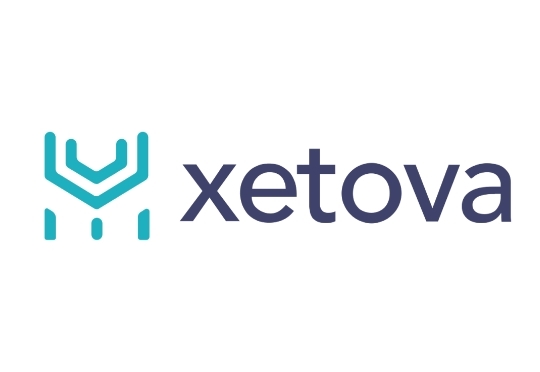Following the implementation of the African Continental Free Trade Area (AfCFTA), Africa has become the world's biggest unrestricted trade territory and is thus considered the next trading frontier. While trade liberalization is intended to increase intraregional commerce, this strategy's success depends on significant infrastructure expenditures to maintain supply chain efficiency. When news about the market spreads swiftly to influential people like traders, regulators, and financiers, it leads to further development.
Xetova, a business based in Kenya, is using technology to increase traders' access to information about upcoming possibilities. It is now establishing a system of big, medium, and small businesses from which information about market prospects and threats may be gleaned.
The company is creating a system of mutual trust that will help businesses in Kenya find reliable partners in countries like Nigeria and South Africa. According to Xetova CEO and founder Bramuel Mwalo, "This trusted network can only be formed with the capacity to gather verifiable data," The firm is now developing the biggest trade intelligence and supply chain support network.
See also: The Best Sentiment Analysis Tools for Social Media
Who Is Xetova?
Xetova, a startup launched in 2019, is basing the location of its network on information from its insights service, which companies use to decipher information on supply chains, expenditures, revenues, and management performance into actionable insights.
Xetova's customers subscribe to their insights service before signing up for any other services in the suite, including trade finance and connections to extensive trade networks.
Mwalo's involvement in studies showing the importance of gaining access to major procurement transactions and less fragmented distribution channels for the success of businesses piqued his interest in African commerce.
This discovery piqued my interest in B2B exchanges, supply chain management, and how African businesses enter substantial purchasing possibilities. "I came up with this hypothesis that data may dramatically influence commerce and how organizations access opportunities, manage risk and interact with one other," said Mwalo.
Then, in my dissertation, I looked into how to make B2B data widely available so that anybody in Africa interested in doing business could have access to information on potential prospects, threats, and existing business connections. Because "at the end of the day, we perceive risk differently, this information should be publicly accessible to the market," he added.
Mwalo took a break from his studies to work for Kountable, a financial company that makes loans to small and medium-sized enterprises (SMEs) that traditional banks turn down due to a lack of collateral.
During his two years as an executive at Kountable, he claims the company backed $32 million in transactions and helped 200 businesses in nations like Kenya and Rwanda. Despite having access to a $150 million credit line, they needed more reliable information on the financial health of many businesses.
Things became tricky when we needed to increase our staff size to above 200. We lost money whenever we dealt with companies outside our sphere of influence. Their demands were increasing too rapidly for us to do enough research, Mwalo said.
He observed that the largest problem in intra-African commerce "is not money, but knowledge asymmetry in terms of where value, security, and returns are."
After seeing the potential of trade intelligence in facilitating the formation of new business alliances and the expansion of existing ones, he decided to start Xetova to help other companies do the same. In addition to facilitating companies' access to loans based on their data and insights, Xetova's network lenders also provide customized loan packages.
Xetova’s Size & Company Vision
Xetova not only works with businesses but also with government organizations to increase healthcare productivity. This data is useful for businesses since it sheds light on their consumption, distribution, procurement expenditure, supplier performance, and payment practices.
According to the company's financial statements, it had earned $2.45 million in sales and arranged trade financing totaling $7 million at the end of last year.
In the following 18 months, Xetova hopes to increase its number of corporate clients from the current 60 to 300.
The company's goals for Africa include gaining the support of 10 large distributors, expanding into 10 new countries, and arranging trade credit worth $20 million.
In addition to offering a fellowship program for prospective investors, Xetova recently received $4 million in an equity-debt seed round headed by South Africa's TRT Investments.
Featured image: Xetova
Subscribe to Whitepapers.online to learn about new updates and changes made by tech giants that affect health, marketing, business, and other fields. Also, if you like our content, please share on social media platforms like Facebook, WhatsApp, Twitter, and more.

